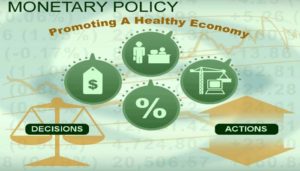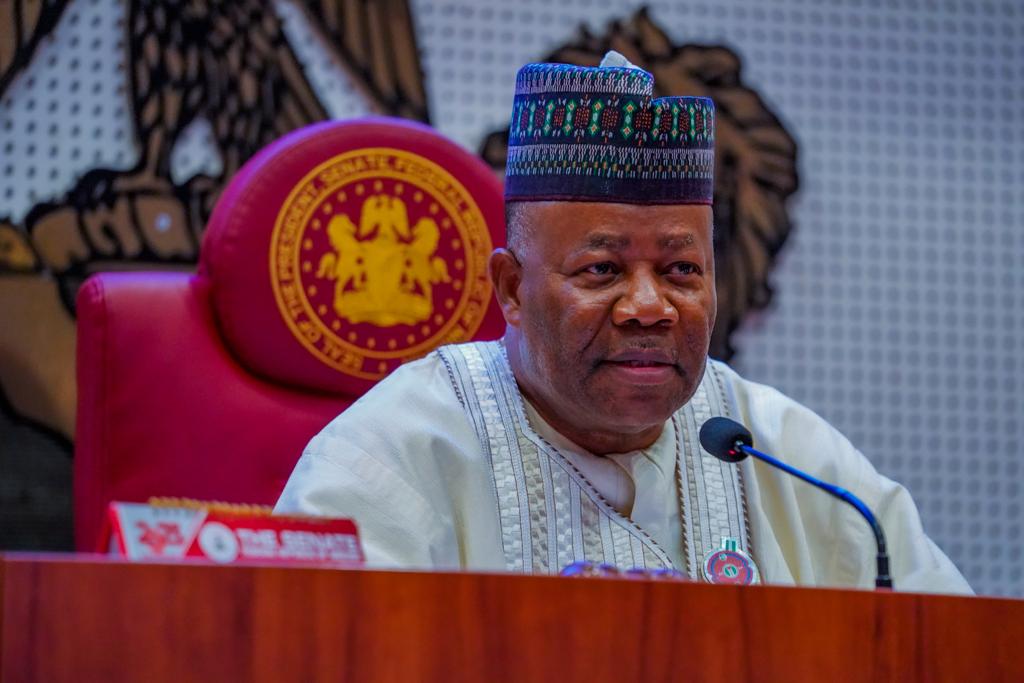May 18, 2018/FSDH
FSDH Research believes the recent developments in the Nigerian economy and the short-term outlook of the economy favour monetary policy easing, which is required to stimulate economic growth and credit creation. We believe this easing may come in the form of an adjustment to the Monetary Policy Rate (MPR) or an adjustment to the Cash Reserve Requirement (CRR).
The second meeting of the Monetary Policy Committee (MPC) of the Central Bank of Nigeria (CBN) in 2018 will hold on Monday 21 and Tuesday 22 May, 2018. At its meeting in April 2018, the MPC maintained the MPR at 14% with the asymmetric corridor at +200 and -500 basis points around the MPR, and retained the CRR and Liquidity Ratio (LR) at 22.50% and 30% respectively.
A cursory look at the global economy shows that global growth is predicted to strengthen further in 2018. This is according to the International Monetary Fund (IMF), which projects a global growth rate of 3.9% for 2018, higher than 3.8% recorded in 2017. FSDH Research believes the global growth should sustain high crude oil prices.
However, the IMF warns that the growth prospect for the advanced economies may decline from the reduction in the US fiscal stimulus in the medium-term. In contrast, it notes that the emerging market and developing economies growth should strengthen in the medium-term. Meanwhile, the Federal Open Market Committee (FOMC) of the United States (US) Federal Reserve (The Fed) maintained the Federal Funds Rate (Fed Rate) at its May 2018 meeting. The Fed maintained the Fed Rate at 1.50% – 1.75%. FSDH Research expects that the FOMC may increase the Fed Rate when it meets in June. This may lead to an increase in global yields on fixed income securities.
The Purchasing Managers’ Index (PMI) survey that the CBN published for the month of April 2018 shows an expansion. The increased capital inflows and favourable developments in the crude oil market continue to have a positive impact on the future growth path of the Nigerian economy. The expansion in the PMI is an indication of the growth that FSDH Research expects in the economy in the short-to-medium term. FSDH Research expects a Gross Domestic Product (GDP) growth rate of 3.55% in Q1 2018. The positive recovery in the economy should drive demand for credit both in the manufacturing and non-manufacturing sectors.
The improved macroeconomic environment in the Nigerian economy has strengthened foreign exchange inflows and boosted the external reserves. Nigeria’s external reserves (30-Day Moving Average) increased by 23.42% from year start to US$47.85bn as at 11 May 2018. FSDH Research expects the positive domestic and external environment to further lead to external reserves accretion in the short-term. This development should provide further stability for the foreign exchange rate.
The yields on the fixed income securities in Nigeria have declined sharply in the last few months despite the hold in the MPR. The yields on the 90-Day, 182-Day and 364-Day Nigerian Treasury Bills (NTBs) primary auction closed at 10.256%, 11.080% and 11.978% on 16 May, 2018 from 12.96%, 14.96% and 16.68% respectively in January 2018. The major drivers of the drop in yields are: the strategy of the Debt Management Office (DMO) to restructure the domestic debt portfolio of the FGN in favour of long-term debt, the drop in the inflation rate and other positive developments within the macroeconomic environment.
The growth in money supply as at April 2018 was lower than the CBN’s target for the year. The broad money (M2) grew by 2.16% (annualised to 6.49%), lower than the annual target of 10.98%. Net domestic credit grew by 6.24% to N27.48trn in April 2018, from N25.86trn in December 2017. The net credit to the private sector shrank marginally by 0.16% to N22.25trn during the same period. The monetary policy stance of the CBN is predicated on achieving price stability in domestic prices and foreign exchange rate. The objective has been responsible for the tight monetary policy stance so far.
FSDH Research considers the Nigerian economy has recorded a reasonable level of price stablity that should encourage the MPC to now concentrate on growth in the economy. We observe that there has not been any linkage between the MPR and the yields on fixed income securities since July 2016, as the MPR has remained at 14%. We also note that certain lending rates in the economy are predicated on the MPR. Therefore, in order to boost credit creation and stimulate economic growth, monetary policy easing would be appropriate.














